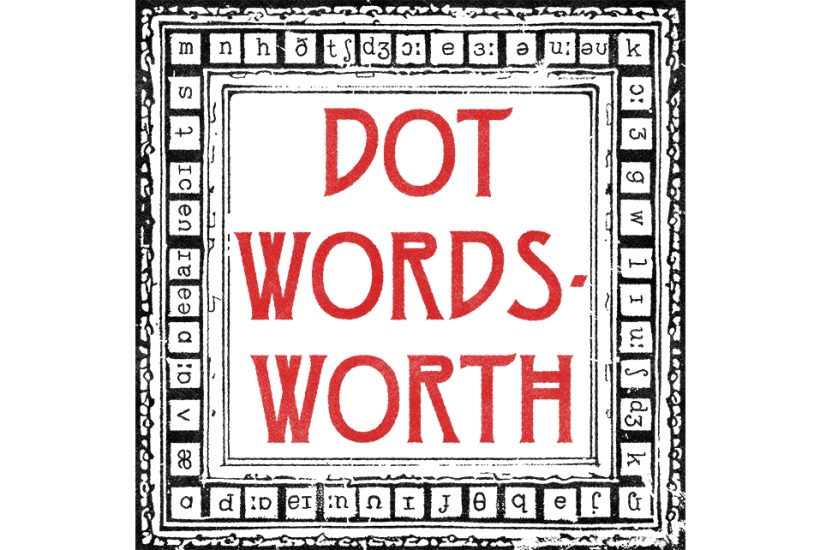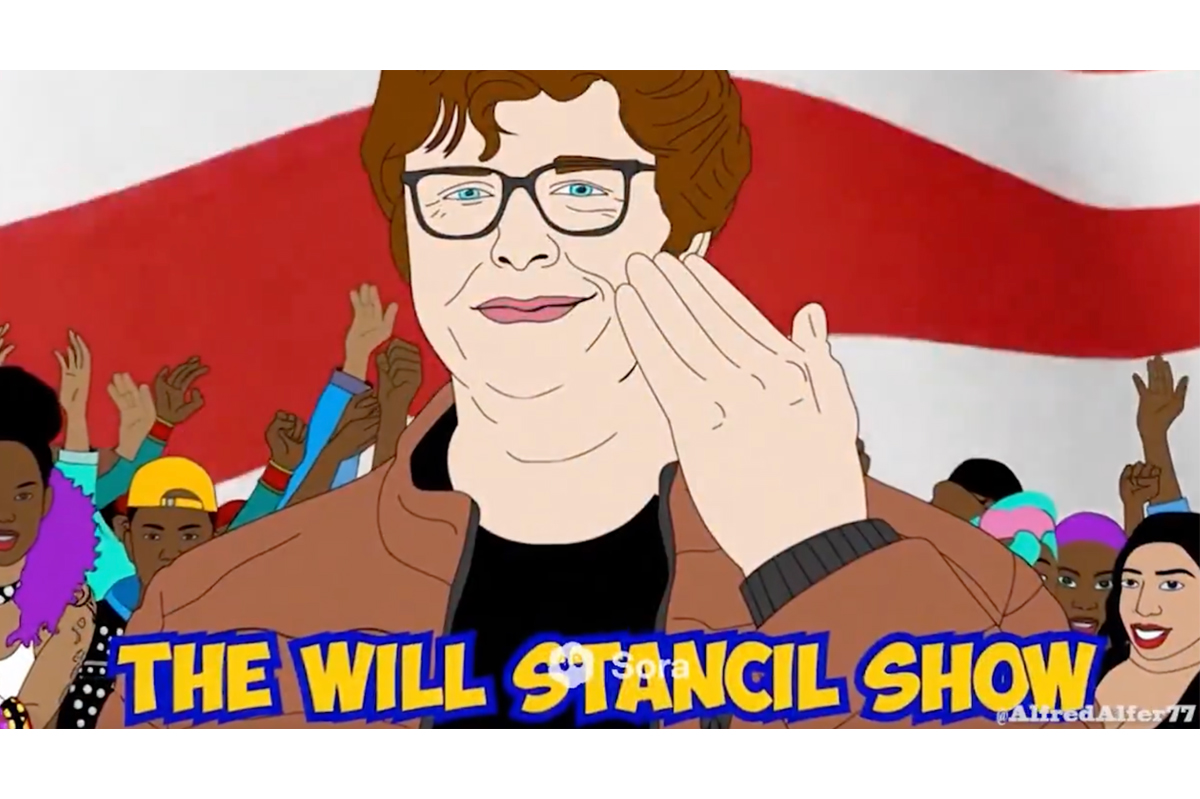Someone on that old-fashioned online game called Twitter (renamed, but still not widely known as, X) told the world of the publication of his book in a post that began: “I’m thrilled to share that as of today…”
I was interested by the way share has become just another synonym for “announce.”
It has come a long way from West Frisia, where, the Oxford English Dictionary reminds us, cows entered a lot into ideas of sharing (although the island of Texel is today famed for its sheep). In West Frisian, skar is “part of a common pasture, part of a pasture sufficient for one cow, hay required to feed one cow, manure produced by one cow.”
Share and skar come from the same Germanic origin as the English shear. In fact, before the Norman Conquest, share (spelt scære or in similar forms) referred only to shearing or cutting hair. The notion of a portion seems to have come from the idea of cutting or division.
We are familiar with the idea of sharing a pie. It’s a zero-sum game. The more there is for you, the less for me. That is true of the share of the vote in elections (if turnout remains the same).
But what of something you and another both use: a spade, a fridge, a house? I read of relatives who “share a congenital defect which can cause sudden heart failure.” One of them has no less risk if the other has more. Similarly with shared news, which whizzes around till everyone loses interest. “Fraud victims share their stories,” said the Guardian recently.
There is, surprisingly, a meaning of share that does not specify the thing being shared. It derives from the Moral Re-Armament movement, launched in the 1930s by the Oxford Group founded by Frank Buchman in 1921. “Oxford Group active. Aberdonians wait to ‘share,’” declared the Aberdeen Press & Journal in 1931.
By 2020, the OED was quoting Twitter: “I want to share with you that I am trans, my pronouns are he/they and my name is Elliot.”
This article was originally published in The Spectator’s December 2023 World edition.
























Leave a Reply